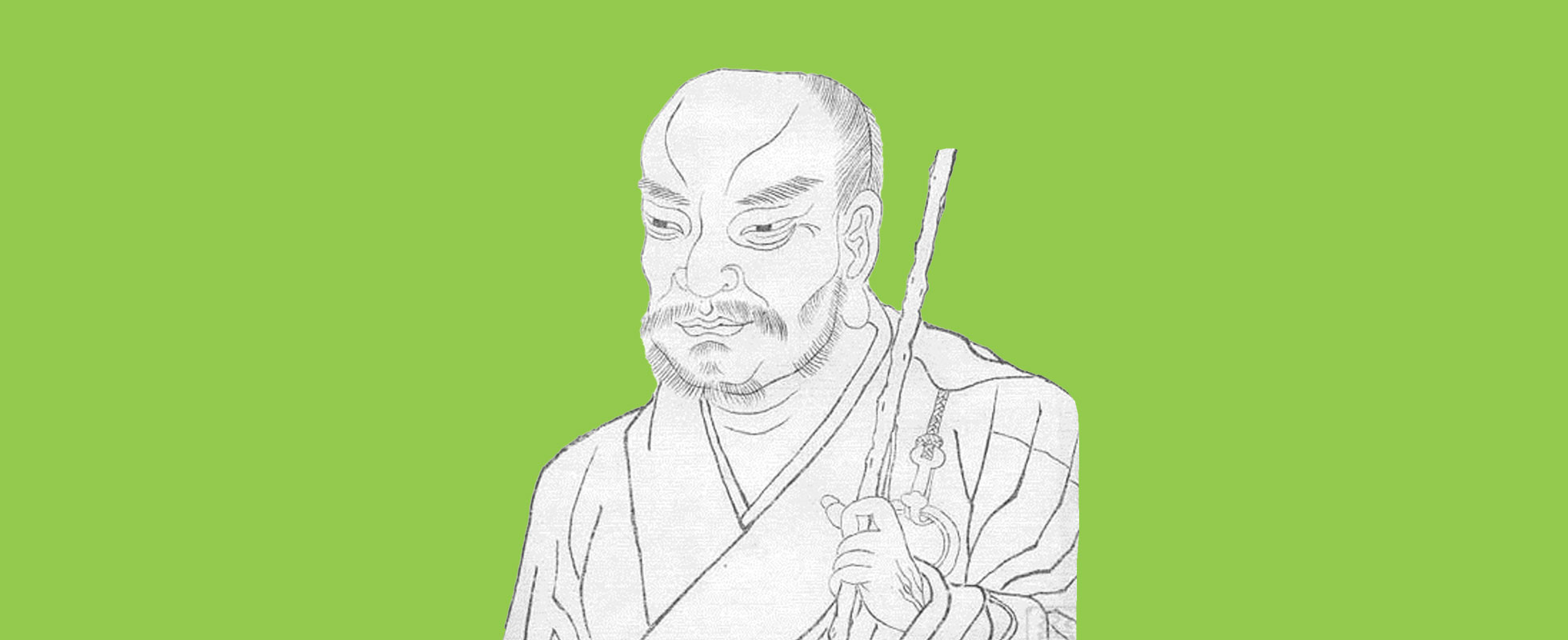You may have heard the puzzling question, “Two hands clap and there is a sound; what is the sound of one hand?” This inquiry may seem like philosophical nonsense, but it’s actually one of the most well-known examples of a koan.
In Zen Buddhism, koans are paradoxical and enigmatic anecdotes, dialogues, questions, or statements that challenge the way we think. Koans are intended to exhaust the limits of rational and linear thinking in order to bring about a change of heart and foster a more liberating, intuitive approach to the world.
Koans have their roots in the teachings of Zen Buddhist practitioners who used them to assess their students’ progress. In modern-day Zen practices, koans are used during meditation to enhance concentration by directing the mind to a central unsolvable question, such as, “What is the one true thing?” By studying koans, we can disrupt our way of thinking and become more comfortable with the unanswerable.
Here are 10 examples of koans to aid in the exploration of Zen Buddhism or simply to instigate a more profound way of perceiving the world. These thought-provoking riddles encourage us to go beyond conventional logic and reason as we embark on a path toward greater enlightenment.
Quickly, without thinking good or evil, what is your original face before your parents were born?Yamada Koun
A monk asked Tung Shan, "What is Buddha?" Tung Shan said, "Three pounds of flax."Wumen Huikai
Someone asked Zhaozhou, “Does a dog have a Buddha nature or not?” Zhaozhou said, “No.”Translated by John Tarrant
Whatever confronts you, don’t believe it. / When something appears shine your light on it. / Have confidence in the light that is always working inside you.Linji Yixuan
Yun-men said, “I don’t ask you about before the fifteenth day; try to say something about after the fifteenth day.” / Yun-men himself answered for everyone, “Every day is a good day.”Translated by Thomas Cleary and J.C. Cleary
The coin lost in the river is found in the river.Yunmen Wenyan
Two monks were watching a flag flapping in the wind. One said to the other, "The flag is moving." The other replied, "The wind is moving." Huineng overheard this. He said, "Not the flag, not the wind; mind is moving."Wumen Huikai
To advance from where you can no longer advance and to do what can no longer be done, you must make yourself into a raft or ferryboat for others.Mazu Daoyi
Ummon inquired of his monks, "This world is such a wide world! Why then do you answer to a temple bell and don ceremonial robes?"Yunmen Wenyan
People go to wild places to search for their true nature. Where is your true nature?Translated by John Tarrant
Featured image credit: Historic Collection/ Alamy Stock Photo
















